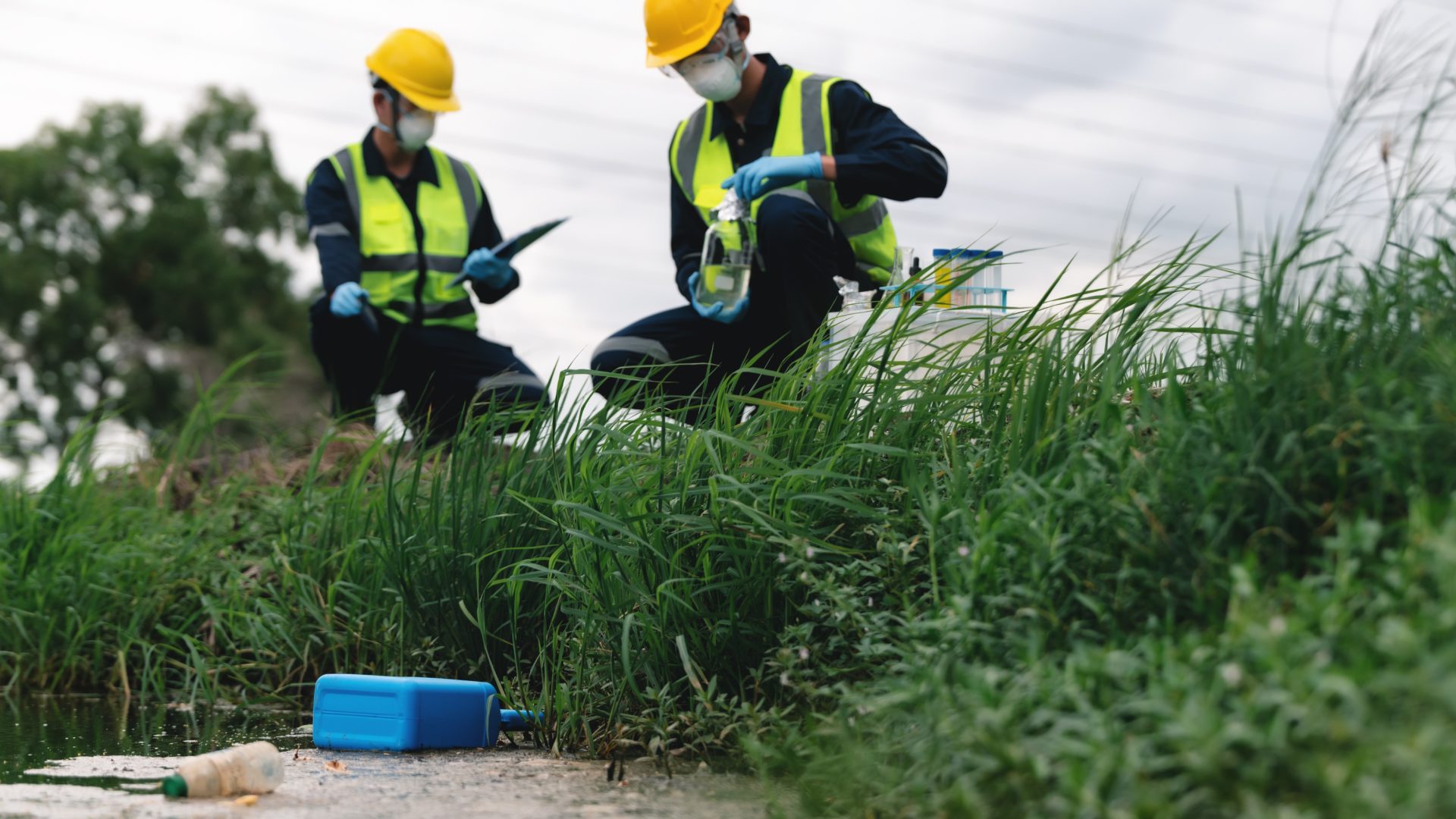A new study to investigate water quality at Ballyholme Beach in Bangor has been extended until February 2025 to better understand water pollution in the winter season.
Launched at the start of 2024, the study is being led by NI Water and is fully supported by Department of Agriculture, Environment and Rural Affairs (DAERA), the Northern Ireland Environment Agency (NIEA) and the Agri-food and Biosciences Institute (AFBI).
Its goal is to pinpoint the primary sources of pollution that are negatively affecting water quality in the region, enabling authorities to make informed decisions about future remediation actions and investment needs.
Intensive water sampling commenced in May 2024 at the start of the bathing season, with the samples being tested for genetic Microbial Source Tracking (MST) to determine if the bacteria pollution is coming from human or from animals or a combination of both. It is hoped that by extending the study until February 2025, authorities will better understand pollution changes in the winter season when farming practices, such as slurry spreading, are reduced.
Pollution that affects water quality can come from a variety of sources including sewage discharges, diffuse pollution from agriculture, household misconnections or septic tanks.
Angela Halpenny, NI Water Head of Environmental Regulation, said:
“Ballyholme is one of 26 identified bathing waters in Northern Ireland. According to DAERA, Ballyholme beach has been classified as having ‘poor’ bathing water status since 2022. The Cotton River is the main waterbody discharging into Belfast Lough at Ballyholme beach and we understand that it is the likely source of pollution in Ballyholme Bay.
“This study is well underway with NI Water teams collecting a minimum of 25 water samples each week. The sampling locations are both within the Ballyholme Bay itself where the public are bathing and also at key locations along the Cotton River. These samples are then delivered by NI Water to AFBI and DAERA Laboratories for analysis.
“So far, the preliminary results have typically shown high levels of E. coli and enterococci in the Cotton River but not in the marine environment of Ballyholme Bay. At the end of the main water quality sampling period (October 2024) the samples will be tested for genetic Microbial Source Tracking (MST) to determine if the bacterial pollution is coming from humans or from animals or a combination of both.”
Fergus Kerr, Director of McAdam, said:
“We are delighted to support NI Water in this important study. The use of intensive sampling and real-time water quality sensors will provide insights into the sources and impacts of pollution in both the Cotton River and Ballyholme Bay.”



